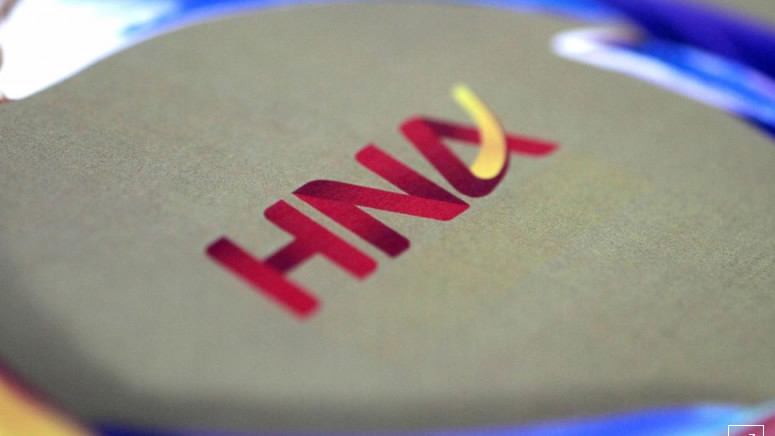
Business
22:10, 19-Jan-2018
US puts HNA deals on ice until it gets ownership info – source
CGTN

Proposed investments in the United States by Chinese conglomerate HNA Group have been put on hold by American authorities, Reuters reports, citing sources familiar with the matter.
The sources said the group, which is facing scrutiny in multiple jurisdictions, must first provide adequate information on who its shareholders are.
The decision means that HNA’s high-profile bids to invest in US hedge fund SkyBridge Capital LLC and Swiss trader and miner Glencore’s petroleum products storage and logistics business are in limbo. Both investments are currently awaiting approval from the US government.
SkyBridge and Glencore declined to comment. HNA did not immediately respond to requests for comment.
Faced with questions around its ultimate owners, HNA overhauled its shareholding structure last year to give majority control to two charities. However, regulators, including authorities in Switzerland and New Zealand, are still querying the airline-to-property company about the identity of its owners.
The Chinese conglomerate first announced in January 2017 that it was buying a majority stake in SkyBridge, a hedge fund investment firm founded by Anthony Scaramucci, a former aide to US President Donald Trump. HNA and SkyBridge have never disclosed the terms of the investment.

Anthony Scaramucci, former director of communications for the White House and founder of SkyBridge Capital II LLC /VCG Photo
Anthony Scaramucci, former director of communications for the White House and founder of SkyBridge Capital II LLC /VCG Photo
Scaramucci declined to comment.
But a year on, HNA and SkyBridge have faced repeated delays in getting the green light for their deal from the Committee on Foreign Investment in the United States (CFIUS), an intra-government agency that scrutinizes foreign groups’ purchases of US assets to protect national security interests.
A source close to the SkyBridge transaction was downbeat about the prospect of the investment being completed.
Glencore, which agreed last March to sell HNA a stake in its petroleum products storage and logistics business for 775 million US dollars, said in December it had closed parts of the deal worth 579 million dollars. It said three assets in the United States still required clearance from CFIUS, and sources familiar with the matter said they expected the deal would be approved by the end of June.
HNA’s inability to get CFIUS approval for its deals is the latest setback for the Chinese company.
HNA had little trouble closing big investments in the United States in 2016 when it bought US electronics distributor Ingram Micro for 6 billion dollars and a near 25 percent stake in hotel operator Hilton Worldwide Holdings Inc.
But after a two-year, 50-billion-dollar investment spree, HNA is facing financial, legal and regulatory problems.
CFIUS’ deliberations are usually shrouded in secrecy but a recent lawsuit showed some of the back and forth between the committee and companies involved in the process.
US software engineering company Ness Technologies SARL, which had agreed to be bought by HNA for 325 million dollars, sued HNA in December for allegedly failing to answer questions about its ownership in a CFIUS review. The deal fell apart when HNA did not get US approval.
Ness said in the lawsuit that HNA and its unit had “covertly worked to evade and frustrate” CFIUS’s review of the investment by “discussing, planning, orchestrating and implementing various schemes to disguise the true nature of their organizations, corporate structures and ownership.”
The US technology firm said CFIUS could not even begin its formal review of the deal because it had “material questions about the completeness and accuracy of the information provided by HNA.”
HNA has said the lawsuit is baseless.
US lawyers who specialize in CFIUS issues said the regulator has the power to reassess previously approved transactions that have closed if it judged that material information was not submitted the first time, or that information sent earlier was misleading.
CFIUS’s stance has toughened under Trump, though the lawsuit filed by Ness noted that HNA’s case was unique partly because it repeatedly changed the story about its ownership.
Beijing-based Naura Microelectronics Equipment Co Ltd did win CFIUS approval to buy US semiconductor manufacturing equipment company Akrion Systems LLC, attorneys for Naura said this week.
Source(s): Reuters

SITEMAP
Copyright © 2018 CGTN. Beijing ICP prepared NO.16065310-3
Copyright © 2018 CGTN. Beijing ICP prepared NO.16065310-3